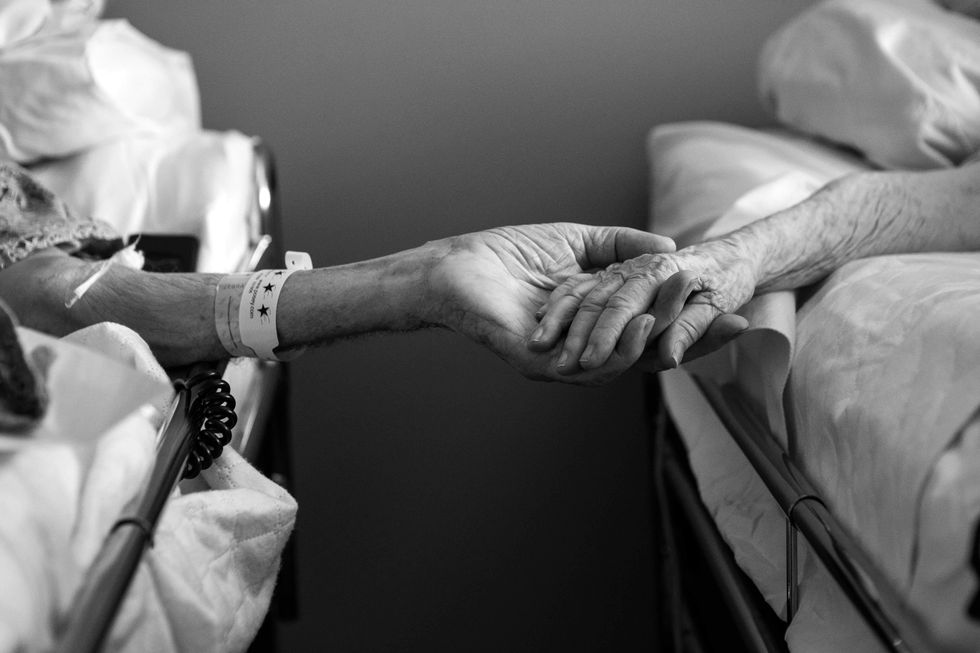Do Americans die? Of course not; they “pass away,” “expire” or “depart from life.”
Death is a hushed topic in America. As a culture we refrain from using the word “dead.” Instead, we euphonize it trying to make it sound more appealing. However, what is to fear about death? Why are we in denial? Why are we afraid of what comes after death? Many cultures view death as a natural process and an ascension into the afterlife, where greater things await their arrival. Americans have not adopted this same view on death. We are an individualist culture, self-obsessed with perfection and with the goal of making the most out living.
As Americans, we cloak ourselves in sorrows and grief for a deceased individual and often times these feelings are not genuine. Meaning, we offer condolences because it is the “polite” thing to do but this may be simply a façade of lies, we don’t really care at all. We just feel anxious to get back to our “normal” lives and deny that it really happened.
As Americans, we do not dwell on death, we move past grief and sorrow and continue on with life. Suppressing our emotions is common, especially guilt, so we turn to funereal directors to help mend these feelings of guilt. In American culture, this comes with a large emphasis on funerals. The funeral, in a sense, is used to mourn the deceased in an open and elegant way. However, this is a main factor feeding our denial. We again push past our feelings, digressing from the reality that the person will never return and leave it to the funeral directors to take care of. All signs of illness are masked as the person is made to look alive and healthy. Hence, the American’s desire to remain normal during this period of time.
We have shifted from times of celebrating the dead and praising their ascension to heaven, to making them appear alive and distancing ourselves away from them, leaving their preparation up to strangers to take care for us.
Our denial and distancing of death ultimately only harms us. I believe that our denial has caused us to lose a sense of acceptance and peace with death. We instead fear it greatly and therefore struggle to accept our own and others death.
Death should be more so looked at as a motivating force for life. It is an occurrence that is bound to happen for us all and is currently described with negative connotations. Also, I believe if we turn the tables on the way we view death we can transition into seeing it as a peaceful process that brings us to eternal happiness and comfort. The first step in facing our denial is to come to terms with the fact that death is inevitable. We either can choose to shun away and distance ourselves, only making matters worse, or accept and embrace the process.
There is also so much shame associated with death and aging that we feel something is wrong with us as we age or endure illness. We need to distance ourselves from the feelings of fear and instead become more intimate with death. When we can accept that we are afraid, we need to embrace it then understand why we are and only then can we unravel acceptance.
Ultimately it rests in our desire to want to understand what death can offer us and accept the fact greater things potentially await us beyond the living world. We need to stop taking steps backwards from facing death and instead indulge in its mysteries and wonders. Only then can we move past our denial and embrace the beauty acceptance has to offer.






 The minimum wage is not a living wage.
StableDiffusion
The minimum wage is not a living wage.
StableDiffusion
 influential nations
StableDiffusion
influential nations
StableDiffusion












